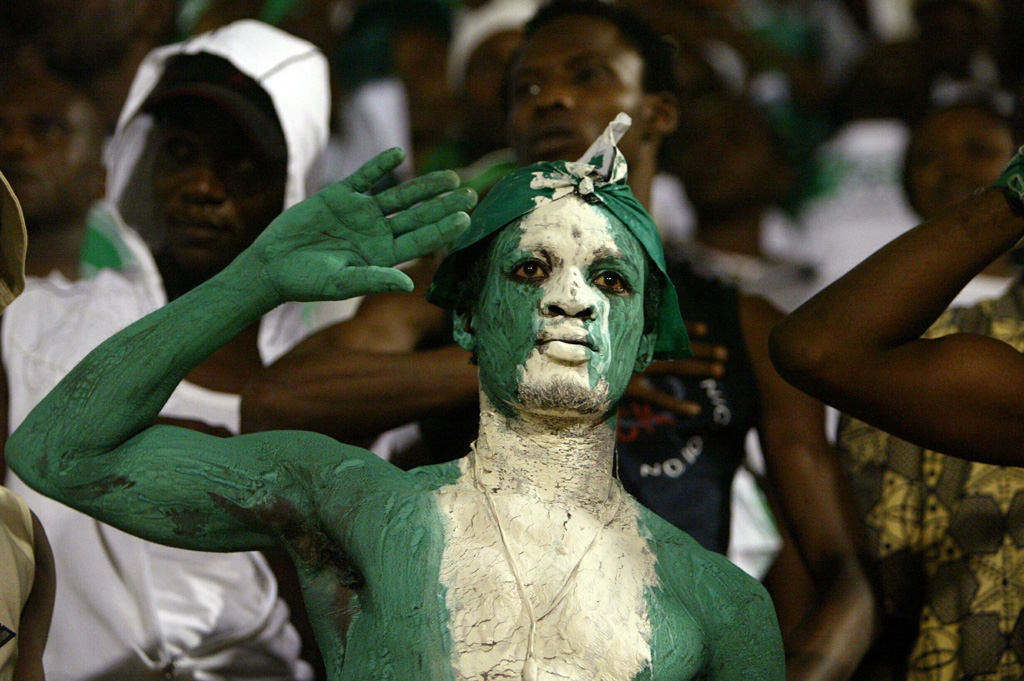Is all about knowing your country Nigeria
Dame Flora Louise Shaw, Lady Lugard DBE (born 19 December 1852 – 25 January 1929) was a British journalist and writer.[1] She is credited with having coined the name "Nigeria".[2]

Contents [hide]
1Early life
2Writing for children
3Journalism
3.1Zebehr Pasha
3.2Jameson Raid
3.3Naming Nigeria
4Lady Lugard
5References
6External links
Early life[edit]
Flora Louisa Shaw was born at 2 Dundas Terrace, Woolwich, the fourth of fourteen children, the daughter of an English father, Captain (later Major General) George Shaw, and a French mother, Marie Adrienne Josephine (née Desfontaines; 1826–1871), a native of Mauritius.[1] She had nine sisters, the first and last dying in infancy, and four brothers. Her paternal grandfather was Sir Frederick Shaw, third baronet (1799–1876), of Bushy Park, Dublin, and a member of parliament from 1830 to 1848, regarded as the leader of the Irish Conservatives. Her paternal grandmother, Thomasine Emily, was the sixth daughter of the Hon. George Jocelyn, and granddaughter of Robert, first earl of Roden.[3]
Writing for children[edit]
Library resources about
Flora Shaw, Lady Lugard
Resources in your library
Resources in other libraries
By Flora Shaw, Lady Lugard
Online books
Resources in your library
Resources in other libraries
Between 1878–86 Shaw wrote five novels, four for children and one for young adults. In her books, young girls are encouraged to be resourceful and brave, but in a traditional framework, acting in support of "gentlemanly" fathers and prospective husbands rather than on their own behalf. Shaw's ideology is both sexually conservative and Imperialist.[4]
Castle Blair: A story of youthful days (First published London, 1877)[4]
Hector, a story (First serialized in Aunt Judy's Magazine, 1880-1881)[4]
Phyllis Browne (First serialized in Aunt Judy's Magazine, 1881-1882)[4]
A Sea Change (First published London, 1885)[4]
Colonel Cheswick's Campaign (Boston, 1886).[5]
Her first children's novel, Castle Blair, was translated into several languages and continued to be extremely popular in the UK and US well into the 20th century. It was based on her own Anglo-Irish childhood experiences. Charlotte Yonge recommended it along with works of "some of the most respected and loved authors available in late Victorian England" as "wild ... attractive and exciting".[4] The critic John Ruskin called Castle Blair "'good and lovely, and true'".[6]
Shaw also wrote a history of Australia for children, The story of Australia (London: Horace Marshall, 1897) as part of the Story of the Empire series.[7]
Naming Nigeria[edit]
In an essay which first appeared in The Times of London on 8 January 1897 by "Miss Shaw", she suggested the name "Nigeria" for the British Protectorate on the Niger River.[2] In her essay Shaw was making a case for a shorter term that would be used for the "agglomeration of pagan and MohammedanRoyal Niger Company Territories". She thought that the term "Royal Niger Company Territories" was too long to be used as a name of a Real Estate Property under the Trading Company in that part of Africa. She was in search of a new name and she coined "Nigeria" in preference to terms such as "Central Sudan" that were associated with the area by some geographers and travelers. She thought that the term "Sudan" at this time was associated with a territory in the Nile basin, the current Sudan. She then put forward this argument in The Times of 8 January 1897 thus: "The name Nigeria applying to no other part of Africa may without offence to any neighbors be accepted as co-extensive with the territories over which the Royal Niger Company has extended British influence, and may serve to differentiate them equally from the colonies of Lagos and the Niger Protectorate on the coast and from the French territories of the Upper Niger."[15][16][17]











